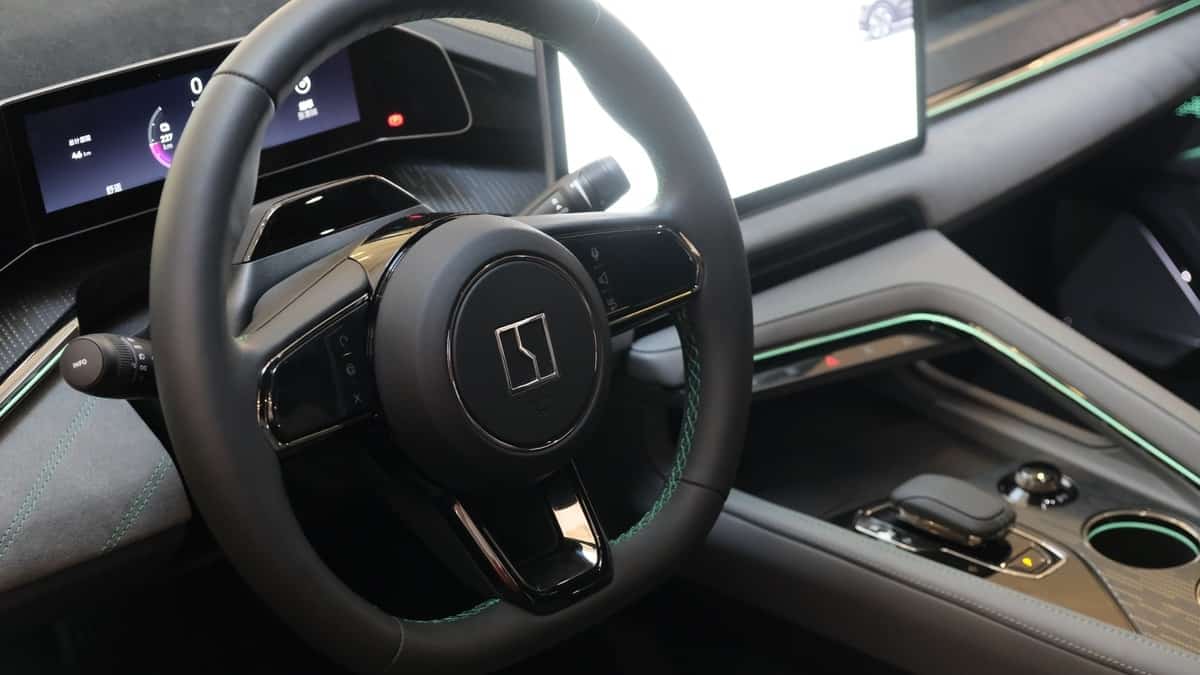Geely is a privately held company that was established in the year 1986. It has been able to compete successfully against state-owned automakers such as Shanghai Motors, which have flourished with the complete support of the Chinese government as they have grown.
As of 2021, the China Automobile Manufacturers Association places Geely in the position of having the second-highest sales volume among manufacturers of finished automobiles.
Geely’s G-Space
Geely expanded its market presence by purchasing the Swedish automobile manufacturer Volvo in 2010 and the British sports car manufacturer Lotus in 2017.
In addition, it bought a 9.7% stake in Mercedes-Benz Germany in 2018, followed by a 32.02% stake in Renault Korea Motors in 2022. Both of these acquisitions took place in 2018.
The ‘Galaxy Smart Driving’ plan introduced by Geely, which is expanding its business, includes a dedication to developing electric vehicles in the future and pursuing innovations through satellite technology.
In 2018, before the Galaxy Smart Driving plan was announced, Geely Car formed a space division known as “G-Space.” This division is responsible for the development of solutions for autonomous driving through the institution of a satellite network.
News Rebeat reports that it is necessary to analyze the surrounding environment in real-time using the satellite image that the vehicle acquires to achieve the level of autonomy required for fully autonomous driving. The transmission of satellite images requires a communication speed that is both quick and reliable.
Geely’s satellite network
Geely Car is confident that satellites will facilitate faster communication in addition to the taking of photographs.
“With this plan, we will not only show Geely’s latest technological advancements but also provide passengers with a safer and smarter electric vehicle experience.”
Geely
Geely anticipates that establishing a satellite network will not only make fully autonomous driving possible but will also result in an increase of up to 20% in the amount of time an electric vehicle’s battery can remain charged.
Optimizing the energy density of the Li-ion battery in an electric vehicle is essential to boost the vehicle’s mileage. However, if the charging voltage is increased beyond the safe upper limit,’ the battery life span is shortened, and thermal runaway occurs, which can lead to an explosion.
Geely Car came to the conclusion that it would be feasible to control the charging voltage and hinder thermal runaway if a satellite network were to be established.
Additionally, Geely Car forecasted that it would be possible to perform rapid data analysis.
Auto sector to invest in satellite ventures for efficiency
The initial plan calls for Geely Car to launch 72 satellites by 2025. Following this, the company intends to launch an additional 168 satellites, for a grand total of 240 satellites.
In addition to Geely, other automobile manufacturers are enthusiastic about the prospect of investing in satellites. In 2021, the Japanese corporation Toyota participated in an investment of $8 million (approximately 10.5 billion won) made by a consortium in the fledgling American satellite navigation company Sonar Space Systems.
The use of satellite navigation is going to be essential in order to realize the goal of fully autonomous driving. That said, German automakers are expanding their use of satellites such as BMW.
The previous year saw the signing of a strategic agreement between Hyundai Motor and KT. The company is currently investigating the possibility of utilizing satellites.
See Also:
- Geely will debut its mid-to-high-end NEV brand as its first offering on February 23
- Geely’s Lotus is going public via SPAC at a valuation of $5.4 billion
- Swedish automaker Volvo prepares EV blitz in biggest product revamp under Geely
- Geely previews its new electric sedan ahead of the 2023 launch
- Geely announces plans to make London black cabs maker into EV powerhouse

